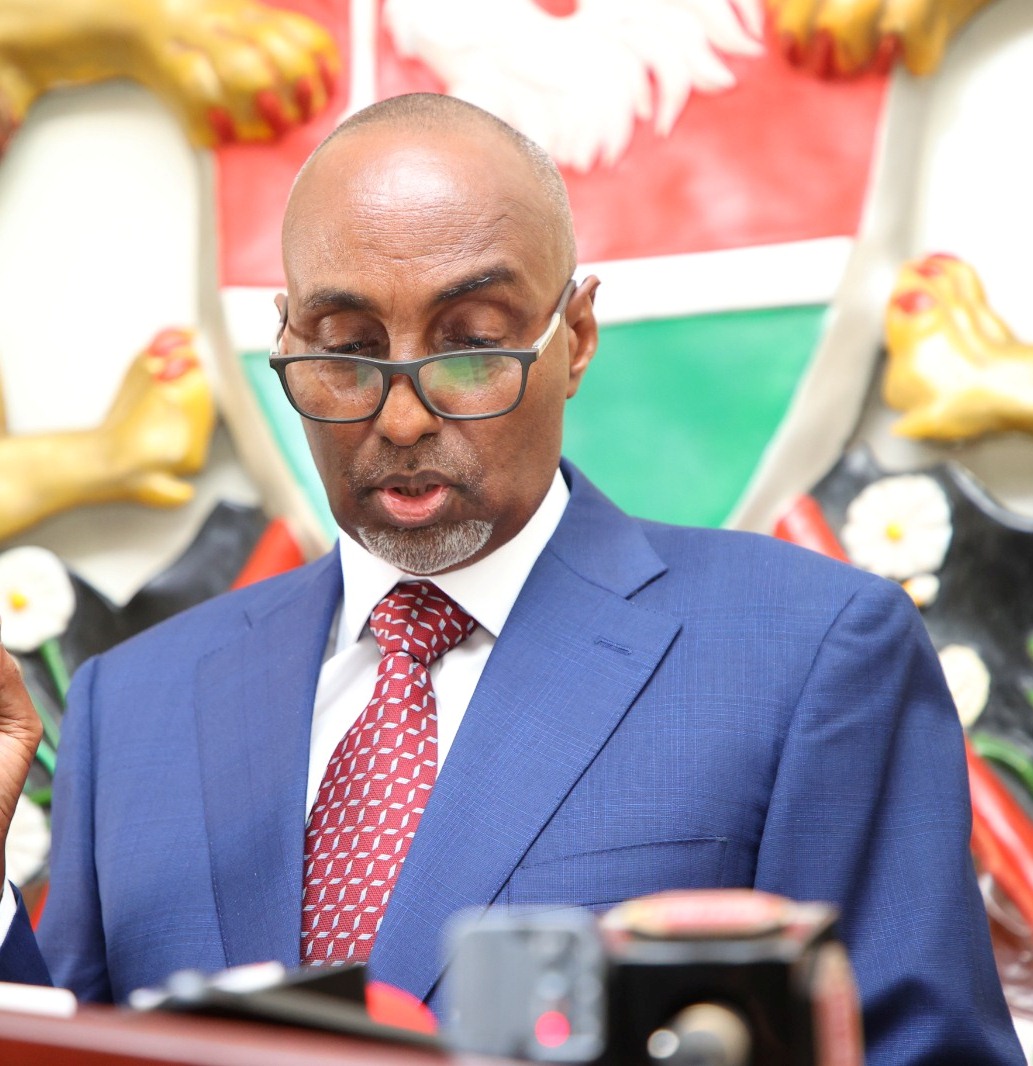According to the EACC’s annual report, the anti-corruption body prevented the loss of Ksh 2.9 billion in public funds by conducting proactive investigations. Over the year, a total of 26 asset-tracing inquiries were completed, uncovering several high-profile cases of illicit asset acquisition. Among these was the illegal transfer of Kisumu’s Kibuye Market, valued at Ksh 2 billion, to businessman Andrew Oyara Okwach. Other notable findings included the questionable acquisition and disposal of 93 public land parcels in Kisumu’s Nyalenda area, valued at Ksh 1.5 billion, and a public utility in Nairobi’s Woodley area worth Ksh 1.35 billion
In the 2023/2024 financial year, the Ethics and Anti-Corruption Commission (EACC) made significant strides in tackling corruption, asset misappropriation, and other unethical conduct. The commission identified Ksh 16 billion worth of assets that were either illegally acquired or lacked proper documentation. Additionally, it successfully recovered Ksh 2.9 billion in assets obtained through corrupt means.
According to the EACC’s annual report, the anti-corruption body prevented the loss of Ksh 2.9 billion in public funds by conducting proactive investigations. Over the year, a total of 26 asset-tracing inquiries were completed, uncovering several high-profile cases of illicit asset acquisition. Among these was the illegal transfer of Kisumu’s Kibuye Market, valued at Ksh 2 billion, to businessman Andrew Oyara Okwach. Other notable findings included the questionable acquisition and disposal of 93 public land parcels in Kisumu’s Nyalenda area, valued at Ksh 1.5 billion, and a public utility in Nairobi’s Woodley area worth Ksh 1.35 billion.
The EACC also highlighted efforts to prevent financial losses through improper compensation claims. One case involved the irregular compensation process concerning the Mombasa Special Economic Zones, Dongo Kundu project, which could have cost Ksh 1 billion. Another instance involved the wrongful procurement of legal services in Mombasa for the African Center for Corrective and Preventive Action, amounting to Ksh 650 million.
Other investigations uncovered the illegal acquisition of a road reserve in Lower Kabete, Spring Valley, valued at Ksh 50 million, by a private developer. In total, the EACC is investigating 534 cases of corruption, bribery, economic crimes, and unethical conduct, including a Ksh 26.7 billion scandal involving Tana Athi Water Works Development Agency and an irregular Ksh 19.2 billion deal between Kenya Broadcasting Corporation and Channel 2 Group Corporation.
The EACC’s efforts also led to the completion of 126 investigation files, which were forwarded to the Office of the Director of Public Prosecutions (ODPP). Out of these, the commission recommended 104 for prosecution, eight for administrative action, and 14 for closure due to delayed decisions. In addition, 56 cases related to violations of Chapter Six of the Constitution and the Leadership and Integrity Act were finalized.
The Commission secured 12 convictions, yielding a 26.7% conviction rate, and processed over 5,000 reports, of which 2,207 were within its jurisdiction. A substantial portion of these cases (42%) involved bribery, while others focused on embezzlement, misappropriation of public funds, and unethical conduct.
Moreover, the EACC conducted 145 integrity tests across various public institutions, including the Kenya Revenue Authority (KRA), the National Police Service (NPS), and the Ministry of Lands. The results were concerning, with 130 of the tests failing, five passing, and 10 inconclusive. For those who failed, the commission recommended administrative action, while cases with criminal potential were forwarded to the DPP.
Despite these successes, the commission faced challenges, including a lack of robust legal frameworks for enforcing Chapter Six of the Constitution, slow adaptation to technological advances, and difficulties in gathering evidence. There were also issues with witness intimidation, non-compliance with system review recommendations, and limited resources. Nevertheless, the EACC’s proactive efforts to combat corruption continue to make an impact, as demonstrated by the 1,546 warrants filed for searches related to corruption and economic crimes.





